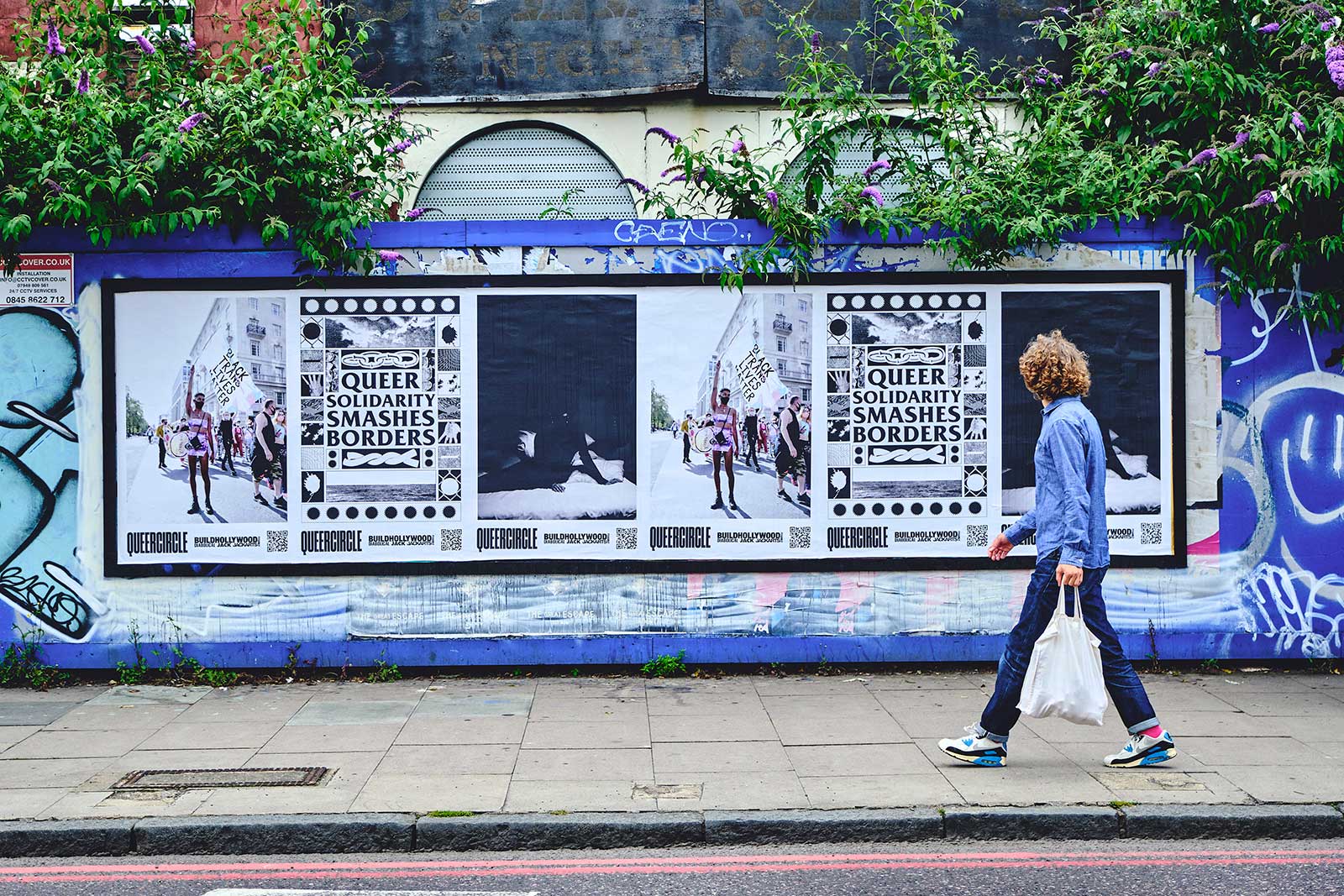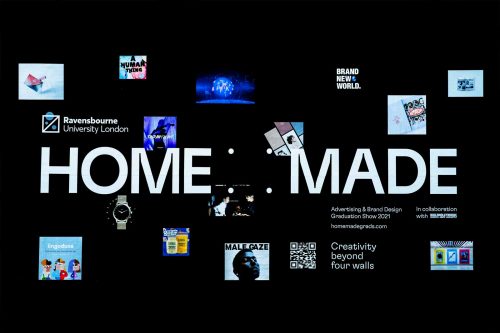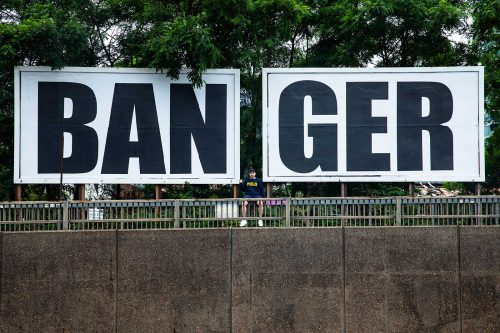Partnerships
Art and calls for social change occupy the streets with Queercircle
This year, to bring in Pride month, we launched an open call with LGBTQ+-led charity Queercircle, seeking inspirational art created around Bell Hooks’ stirring words, “There can be no love without justice.”
Representing the charity’s broader aims of inspiring social change and bringing together the arts and culture, the call out came as part of a project to provide space for queer and trans artists on the streets. The chosen artwork has been displayed on sites in London, Birmingham, Edinburgh, Glasgow, Sheffield and Cardiff. Alongside the artwork, the street posters were designed to include QR codes linking to activation pages for each artist, introducing calls to action in support of causes close to their hearts – firmly linking inspiring art with social justice.
Providing the space for LGBTQ+ artists to occupy the streets can help to empower the communities the artists represent. Beyond that, it’s also an opportunity to inspire direct action that prioritises the needs of marginalised people, works towards equality, and aims to eradicate discrimination and prejudice.
Queercircle’s founder, Ashley Joiner, says of the open call, “Occupying and taking back public space is a crucial and empowering tool in instigating positive change. Through their artworks and the campaigns they’ve chosen to support… [the artists] are advocating for social justice and calling on the public to action transformative change.”
After much deliberation, the judges – artist Evan Ifekoya, Artsy’s curatorial director Gemma Rolls Bentley, Queercircle’s founder and director Ashley Joiner, and BUILDHOLLYWOOD’s very own Emma Clackson – chose pieces by Bex Wade, Kgotlelelo Bradley Sekiti, and CJ Reay from Black Lodge Press.
Bex Wade is a London-based documentary photographer, who captures protests, Pride, expressions of otherness and outrage, and moments of solidarity. Kgotlelelo Bradley Sekiti is a South African multidisciplinary artist, reflecting explorations of queer identities through self-portraiture, text and video. Black Lodge Press is a North Yorkshire-based print and micropublishing platform with radical roots, inspired by punk culture and anarchism.
The chosen artists’ pieces covered a spread of different formats and when sat side by side, create a beautiful, impactful, defiant street gallery accessible to all, uplifting LGBTQ+ visibility in cities beyond Pride month. As Bex Wade has noted, “Visibility does not equate to security” – so the activation pages and advocations for important social justice causes that accompany the artwork are intrinsically linked to each artists’ practice, and unify the project’s aims.
22.07.21
Words by


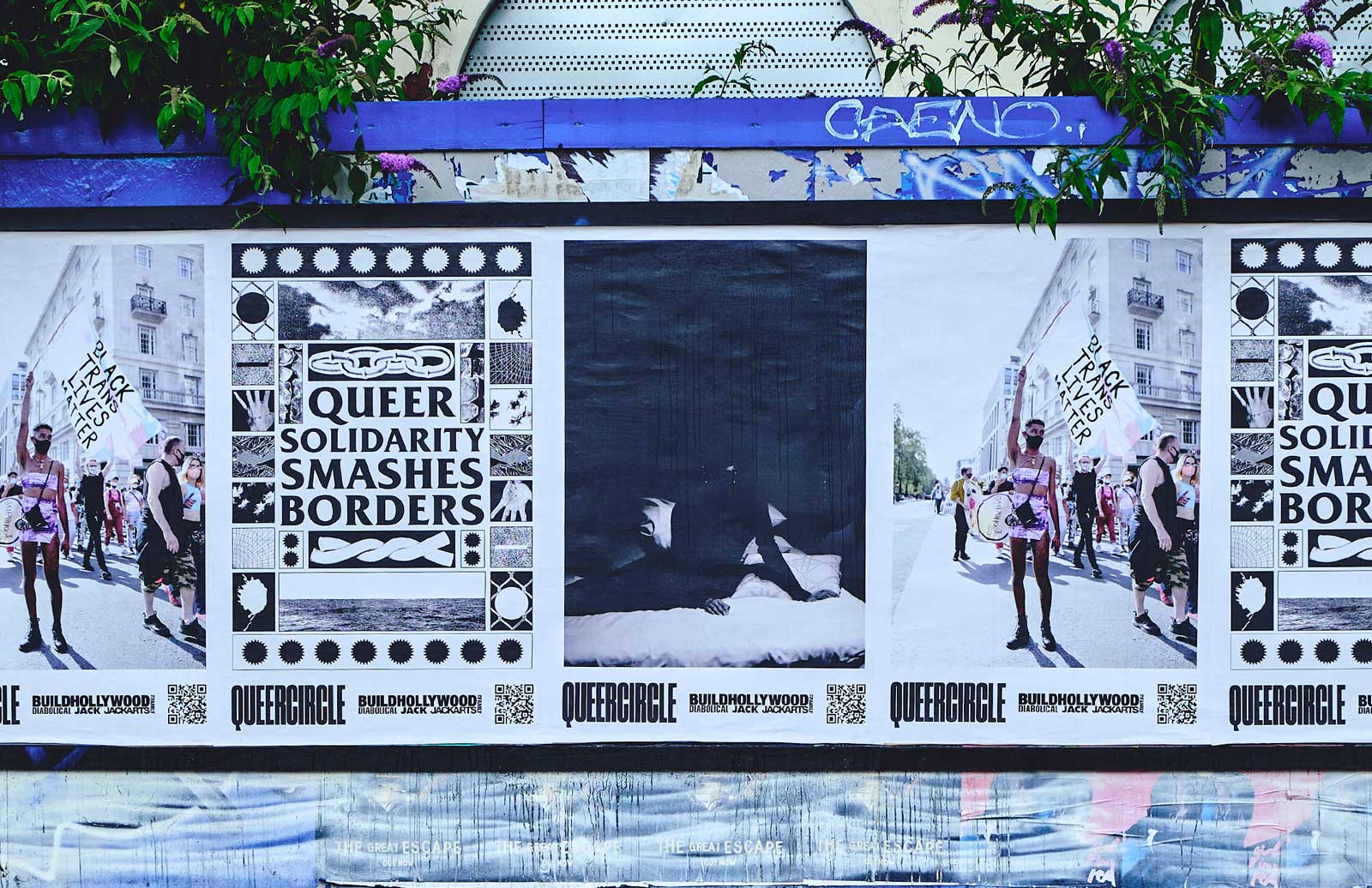
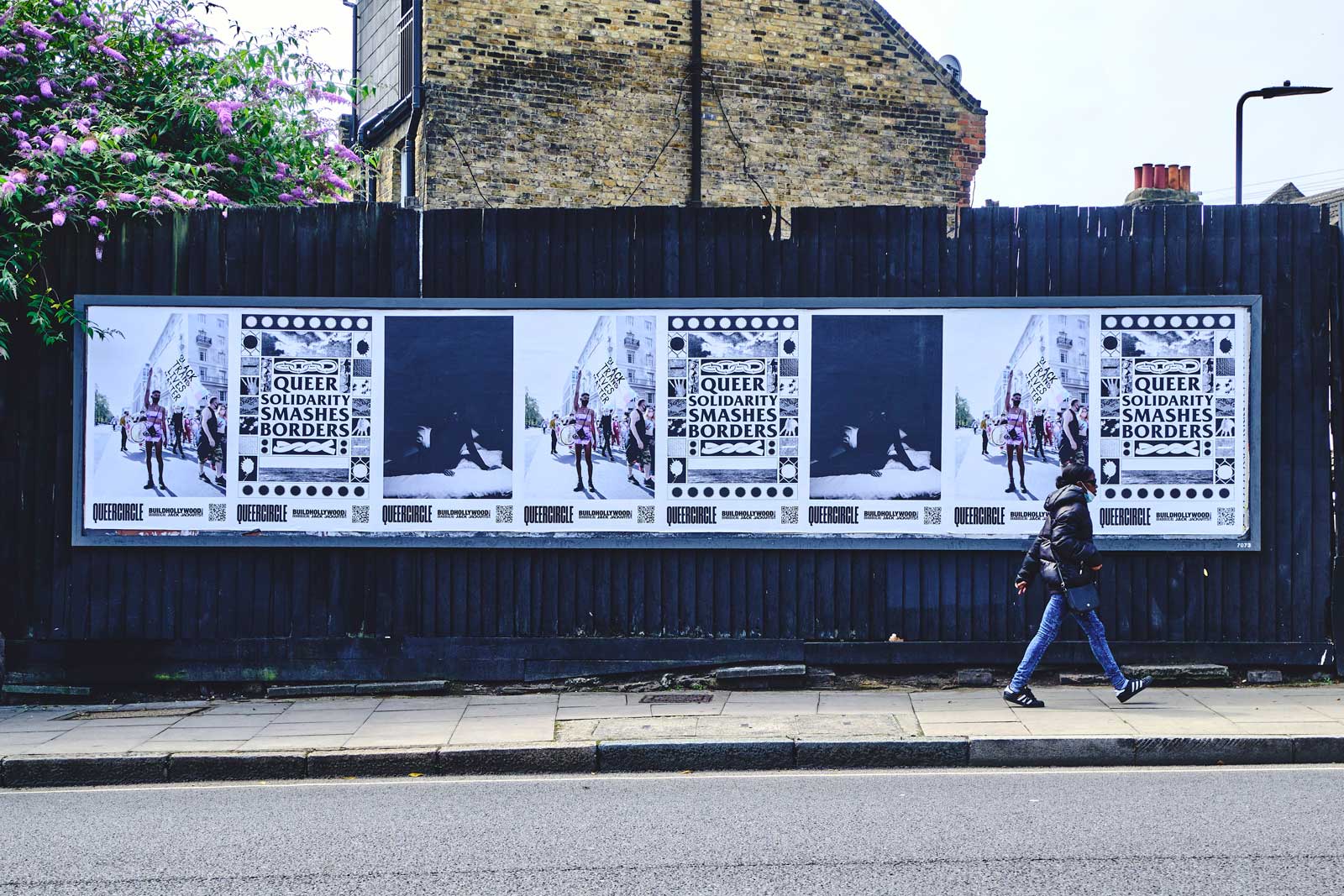
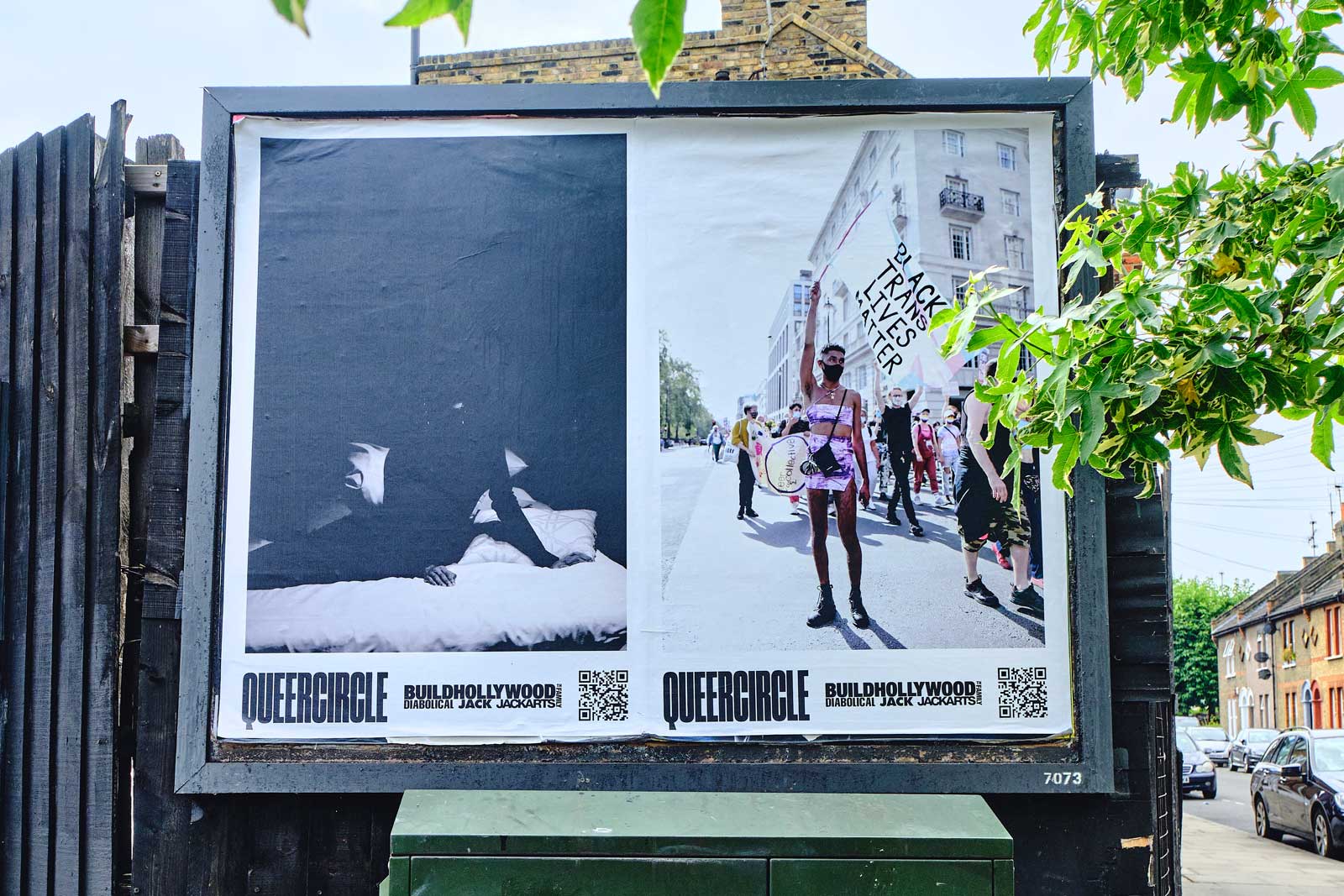
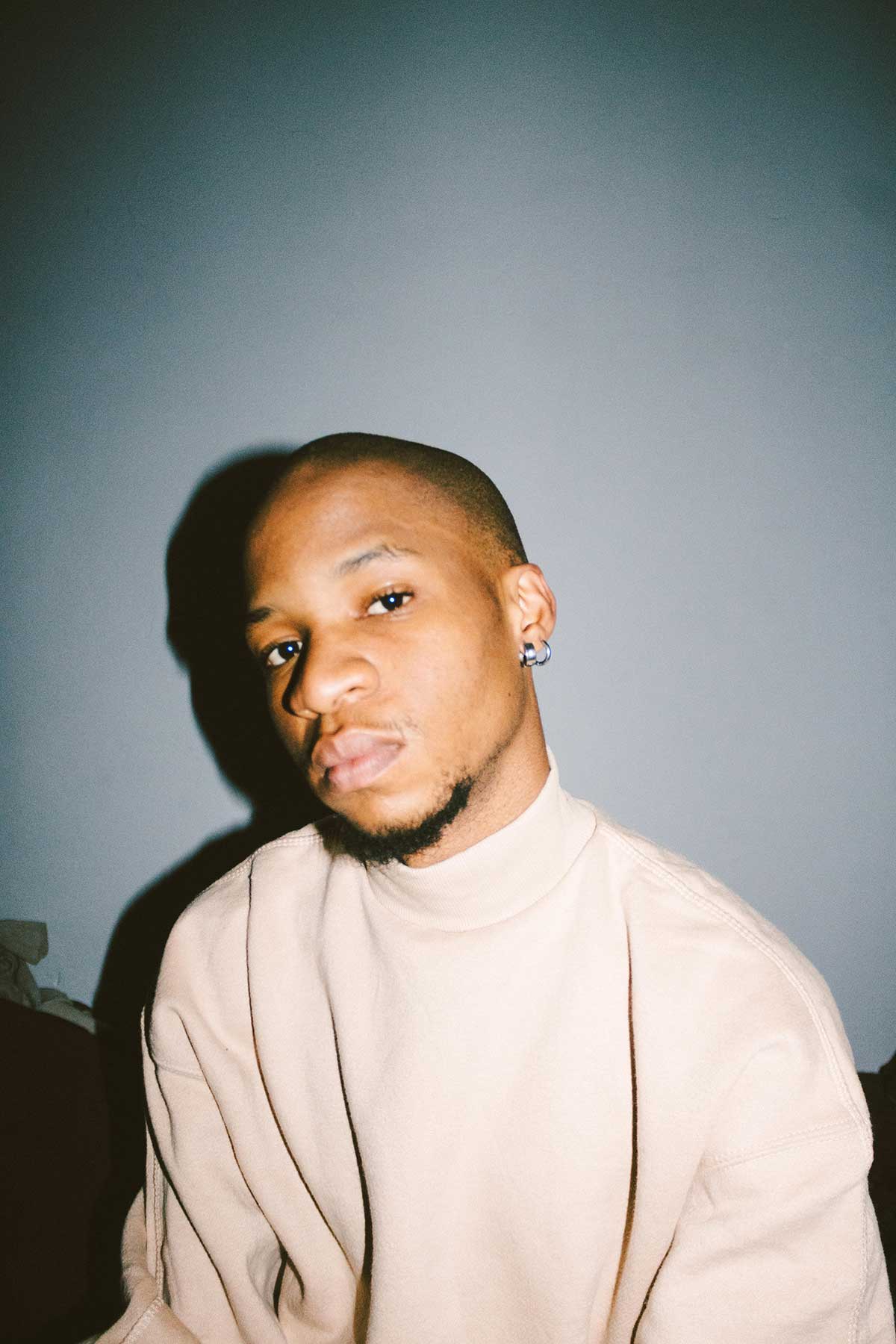
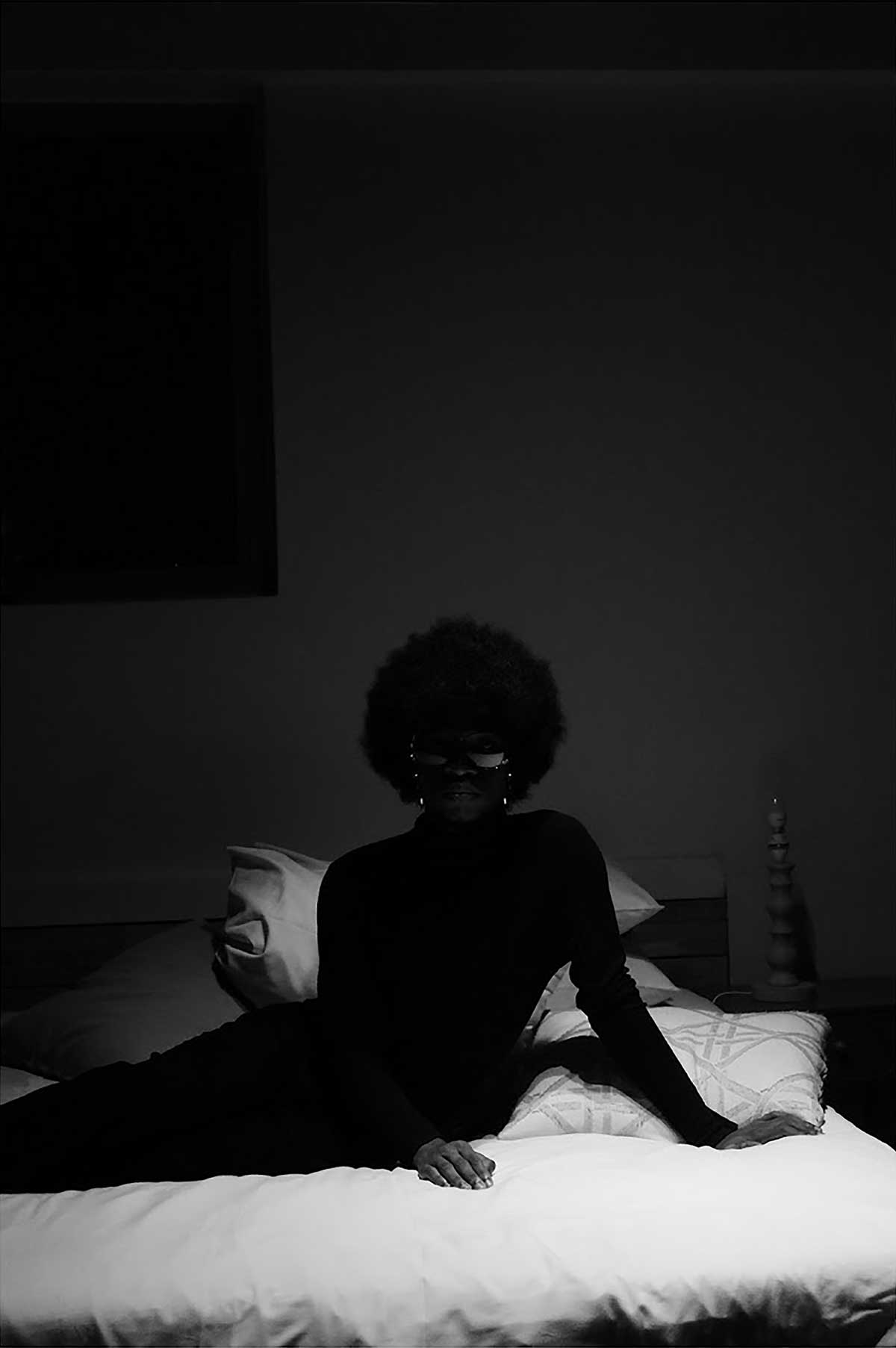 Mmele by Kgotlelelo Bradley Sekiti
Mmele by Kgotlelelo Bradley Sekiti
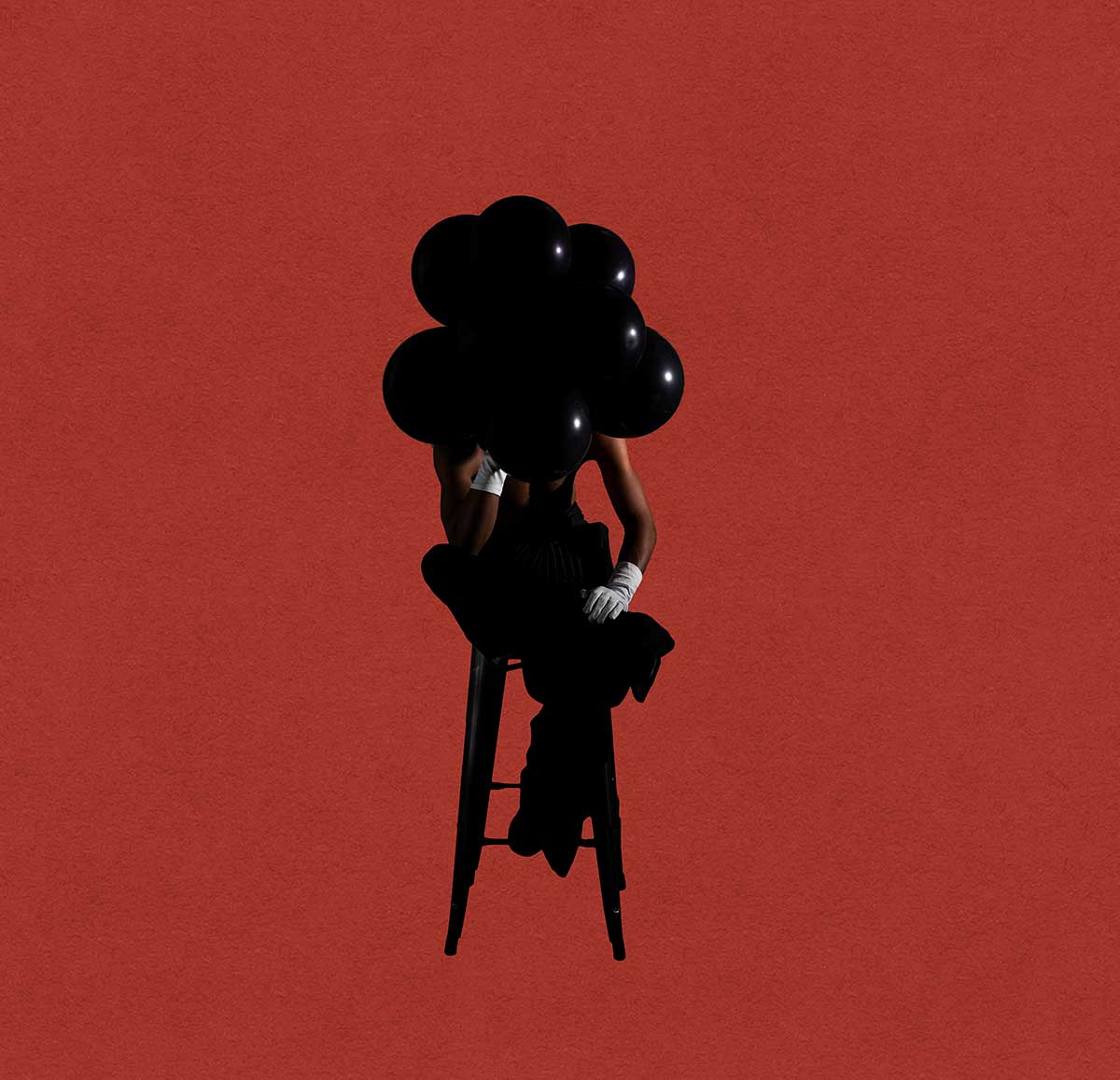
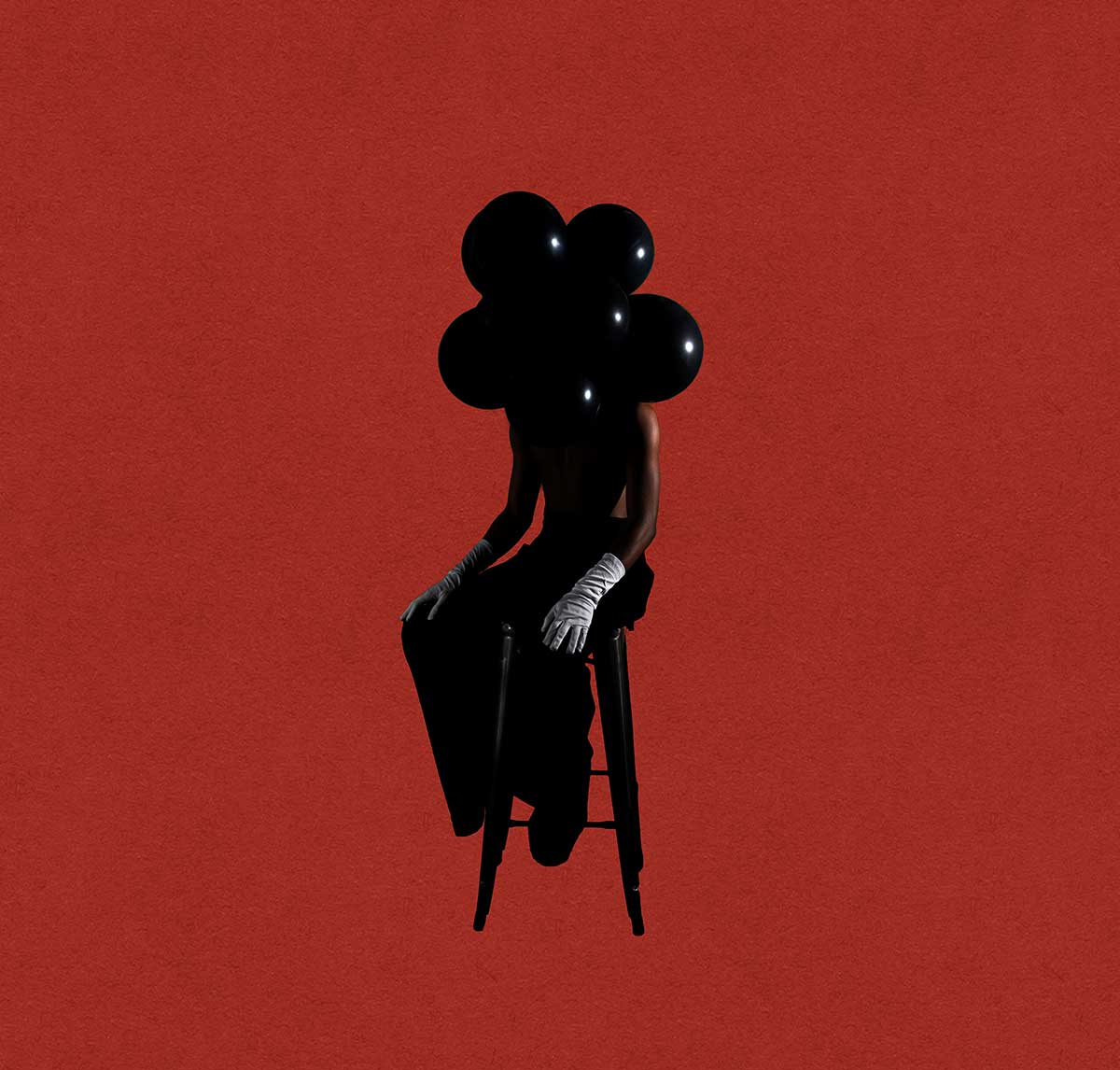
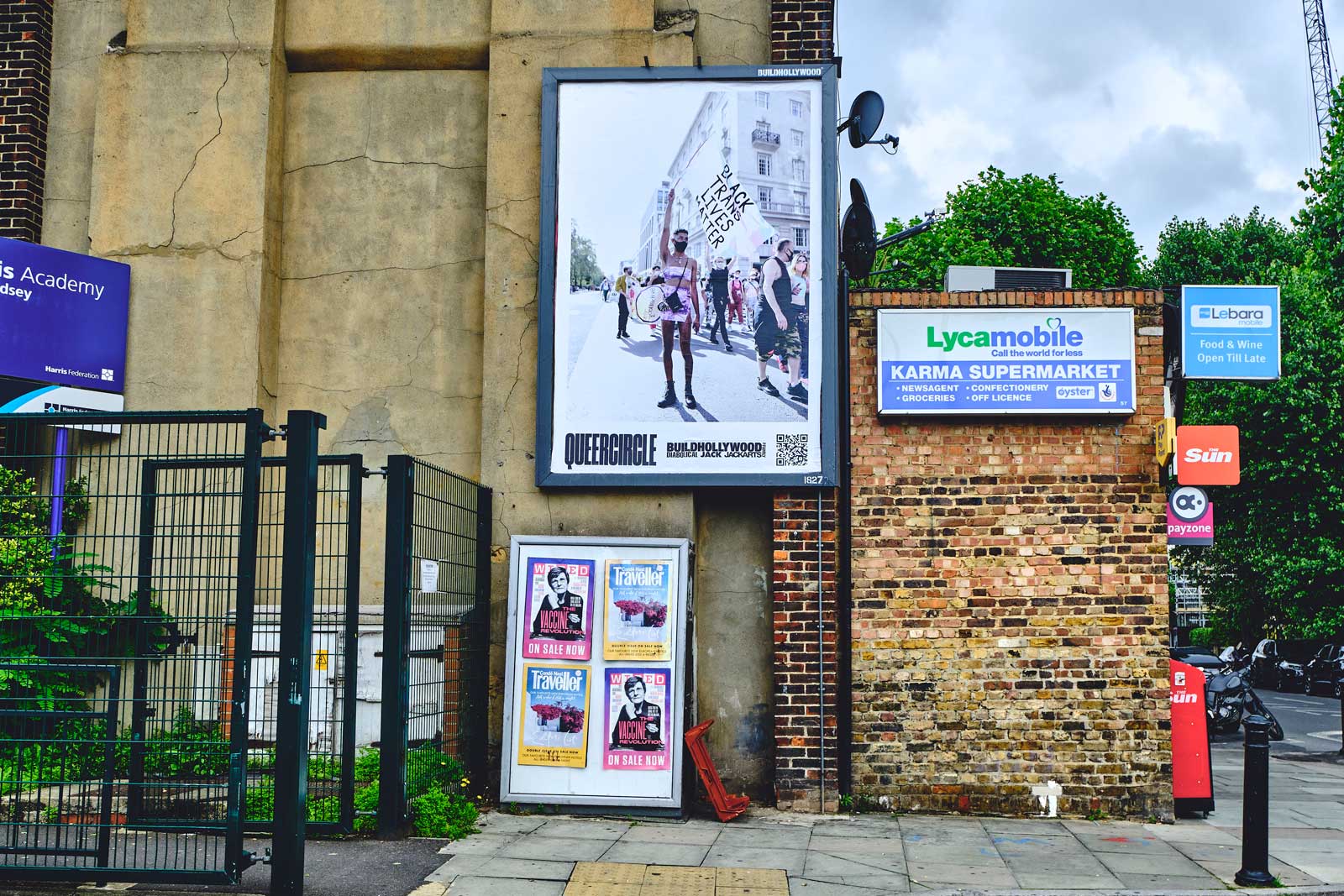
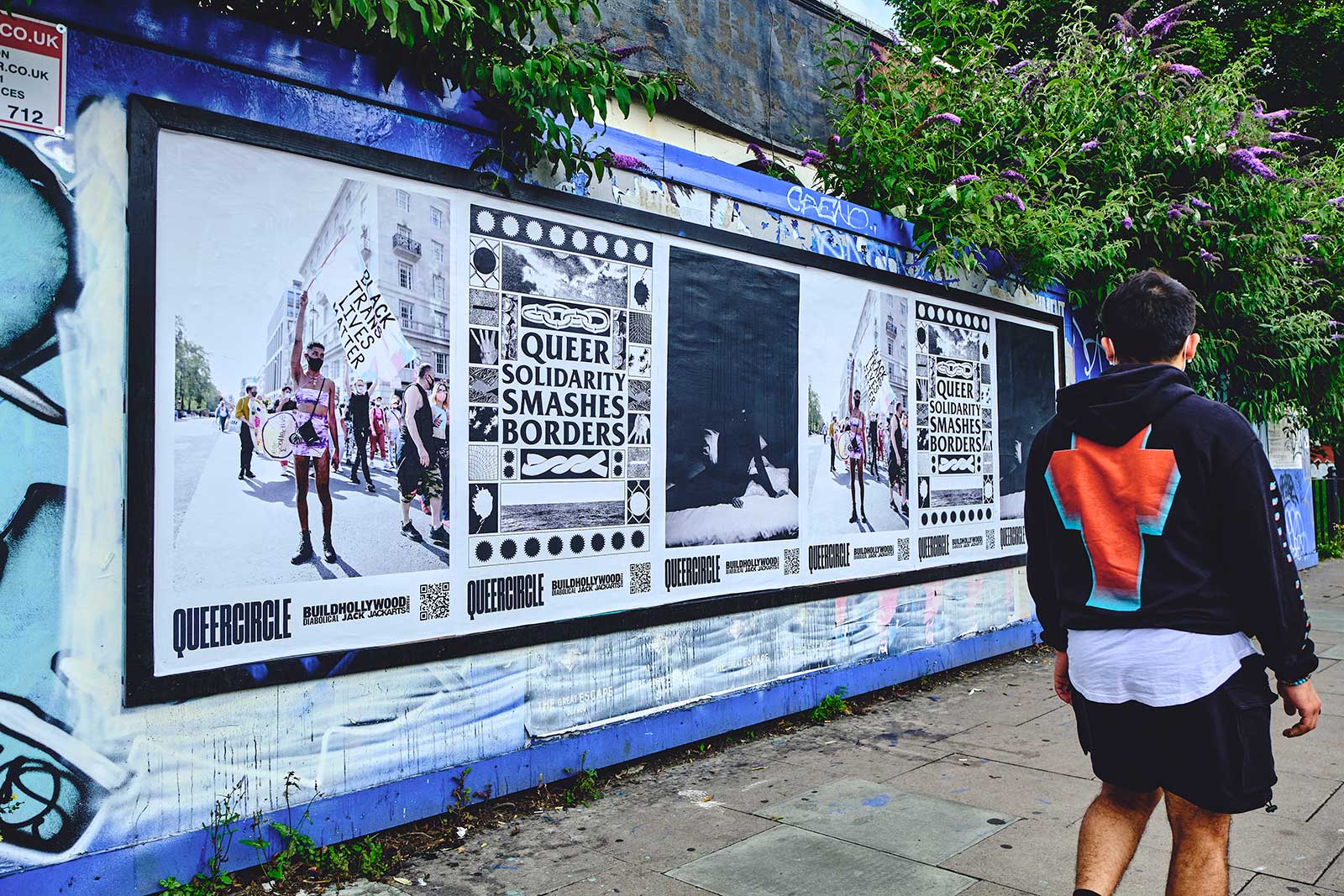
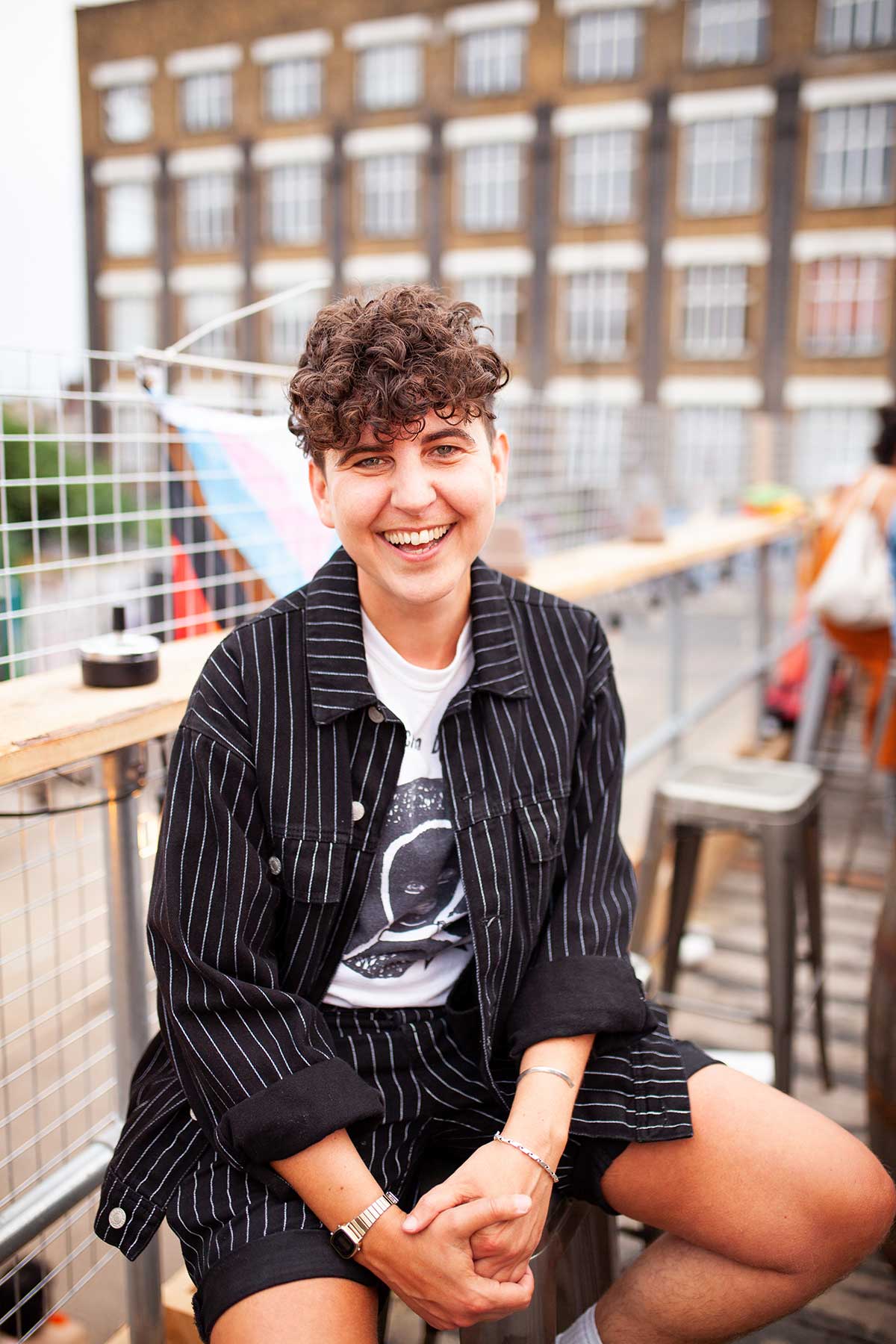
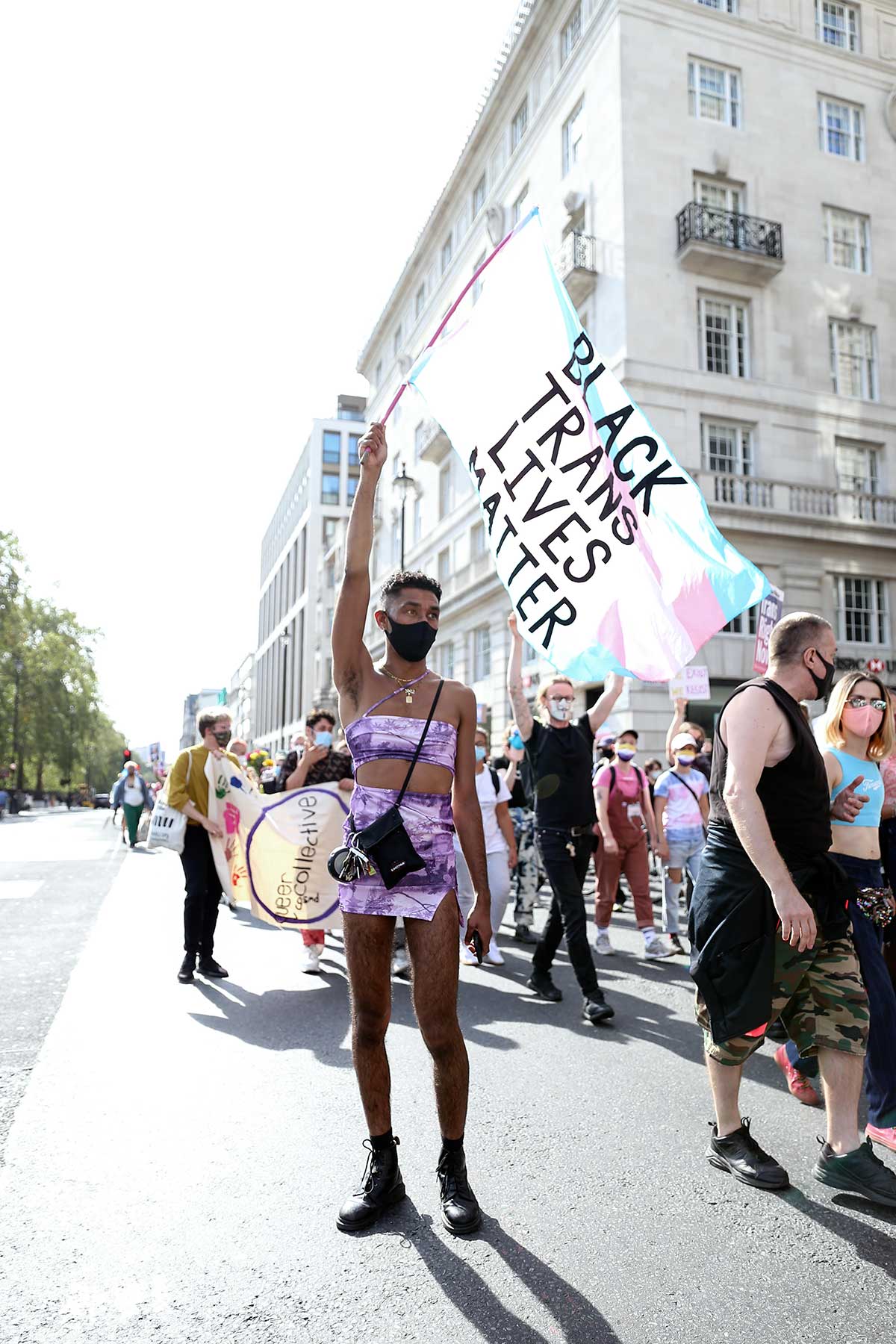 Black Trans Lives Matter by Bex Wade
Black Trans Lives Matter by Bex Wade
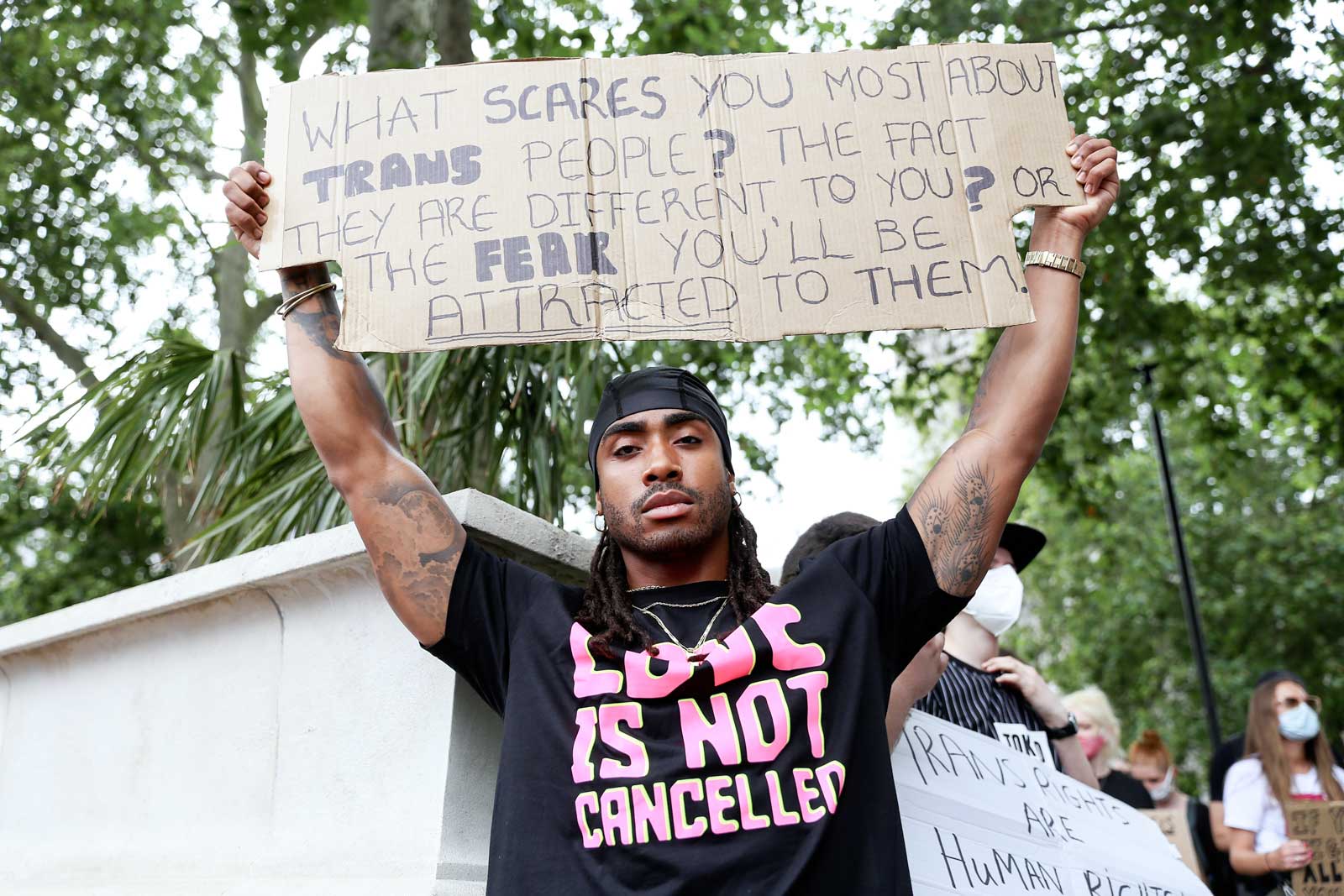
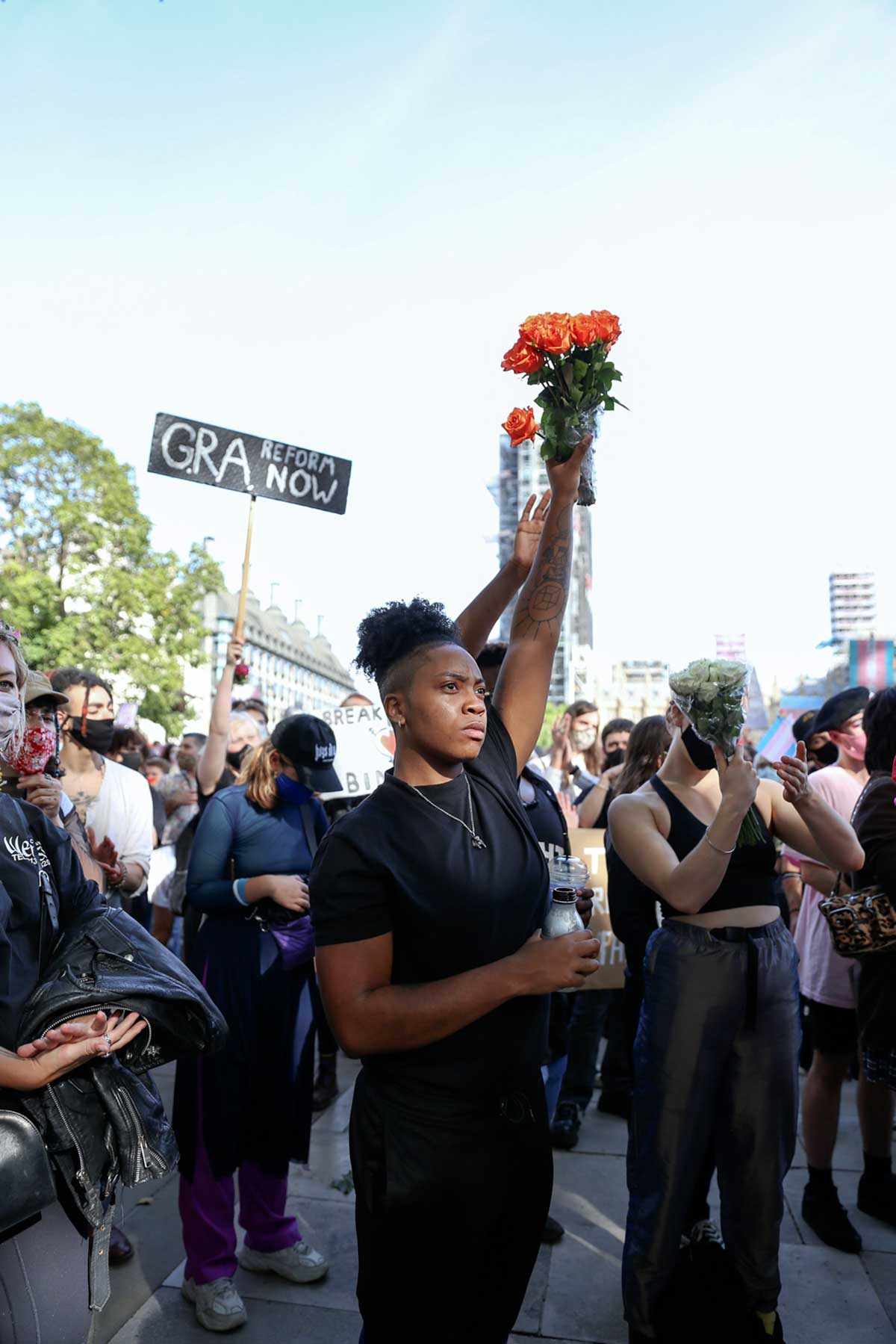
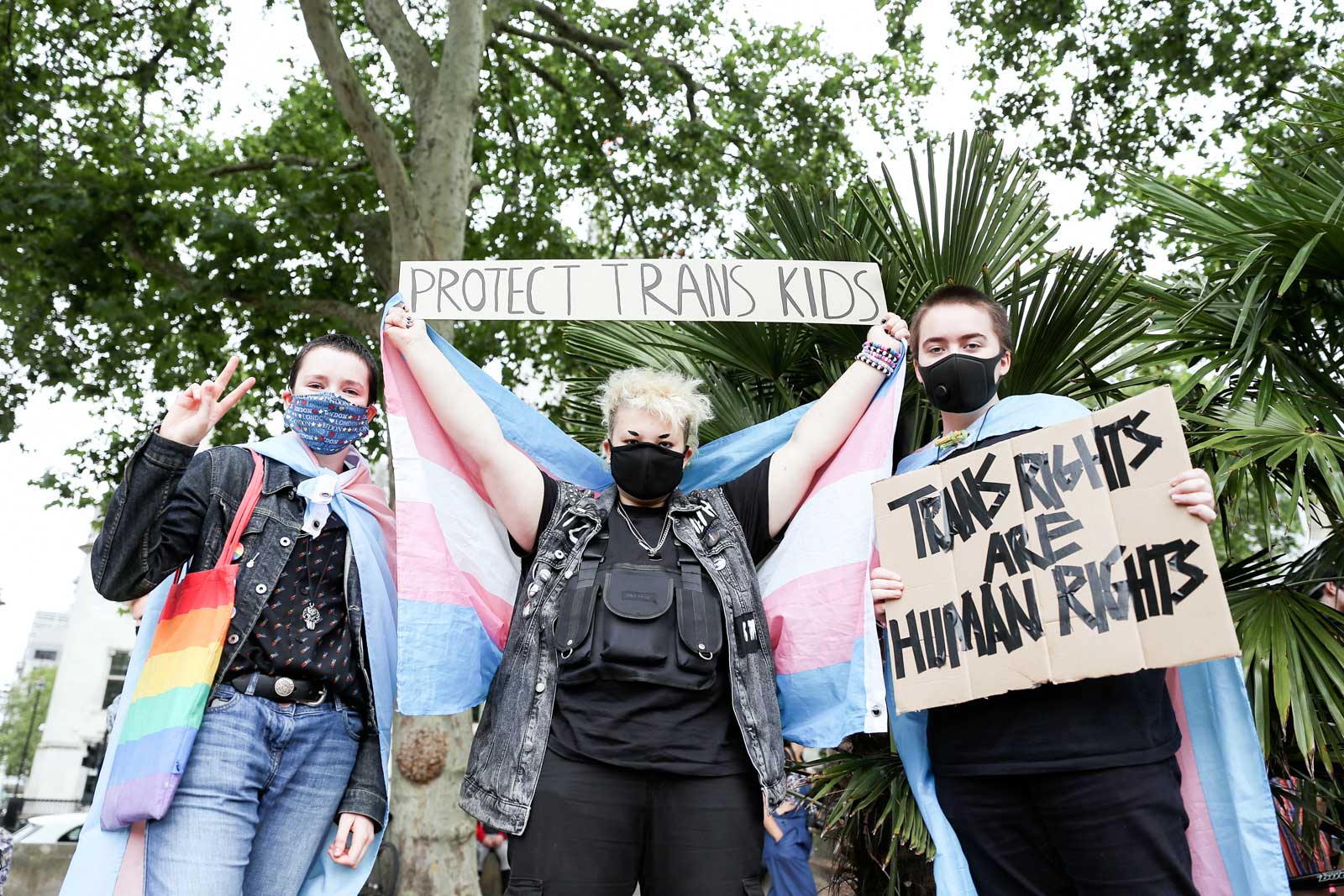
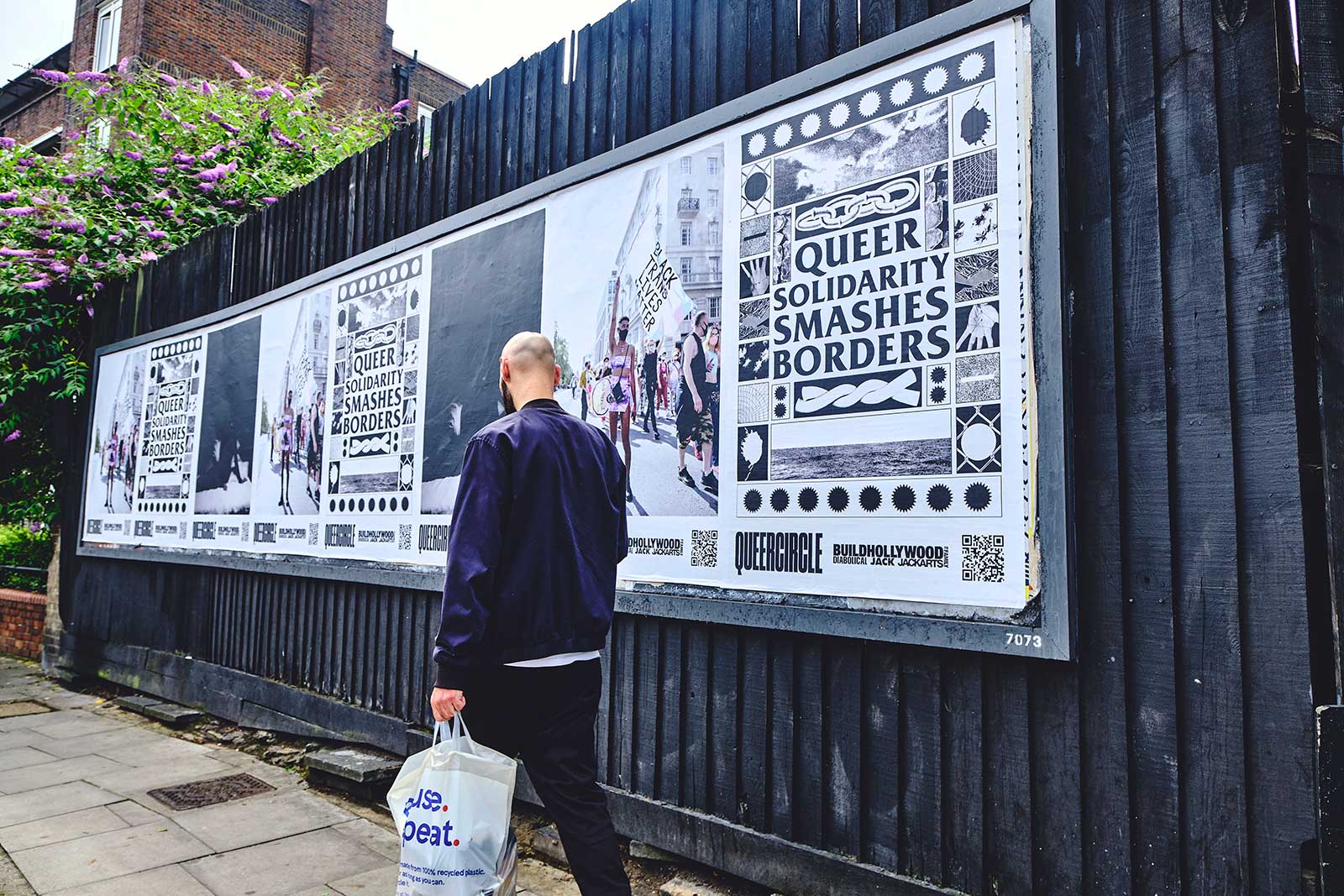
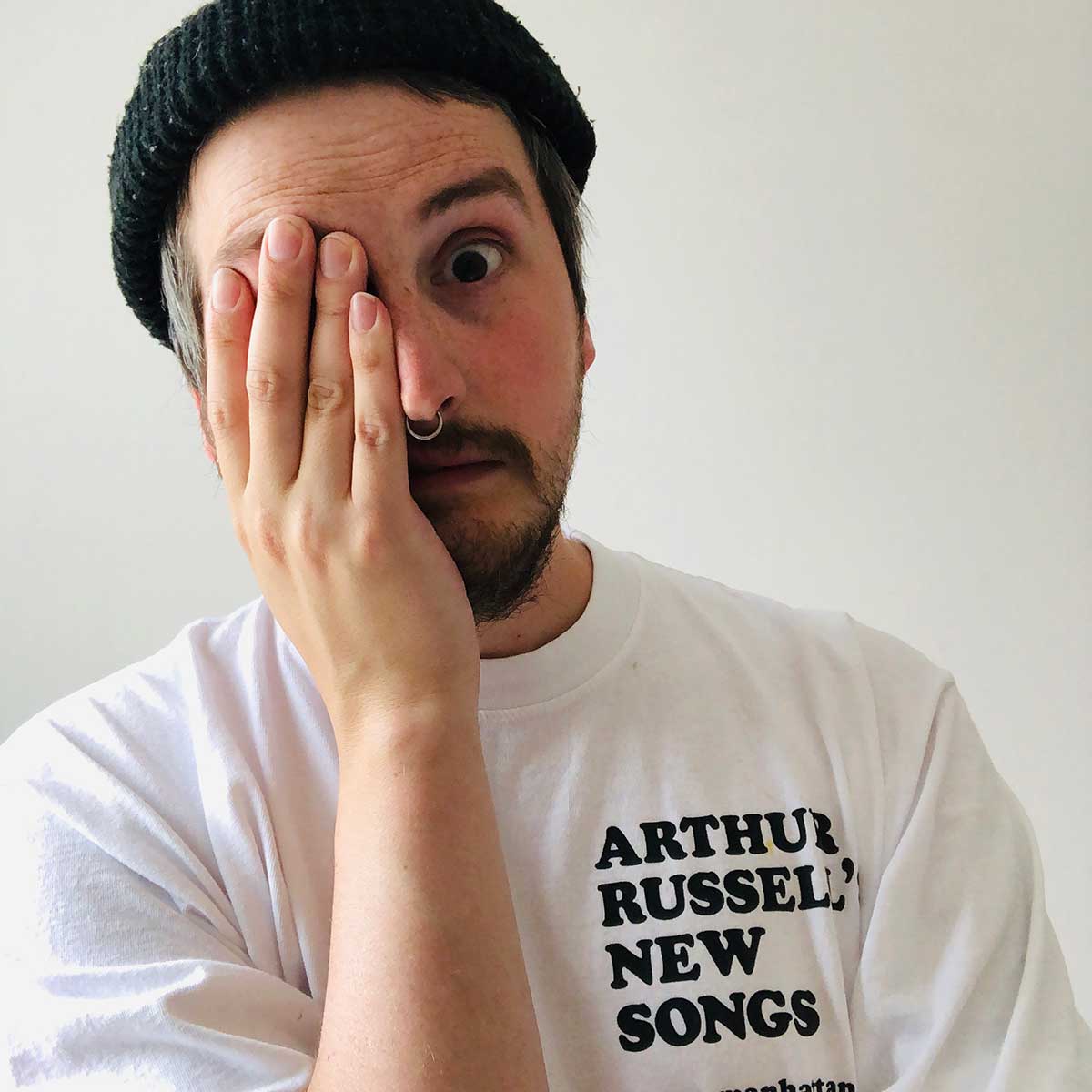
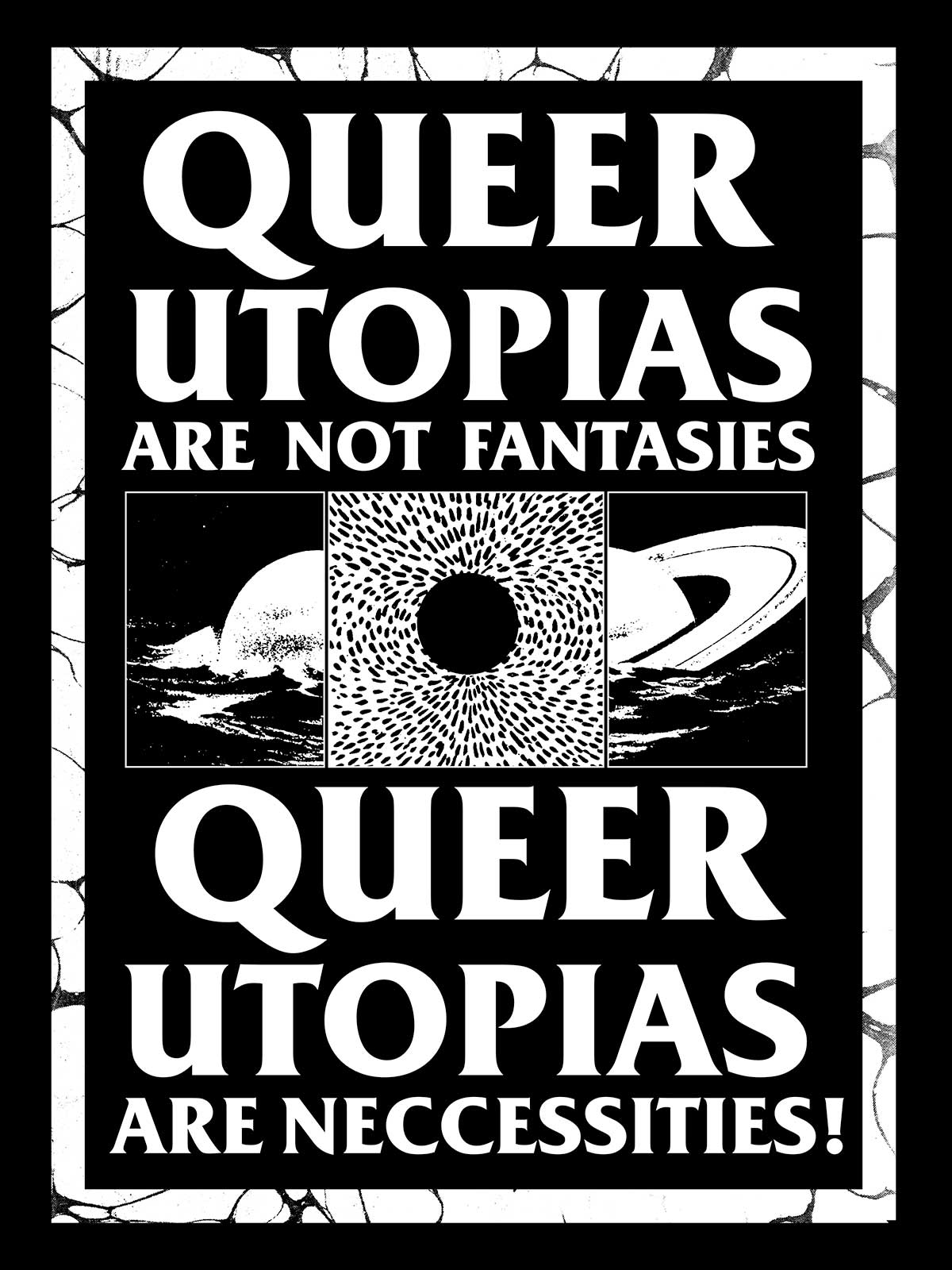
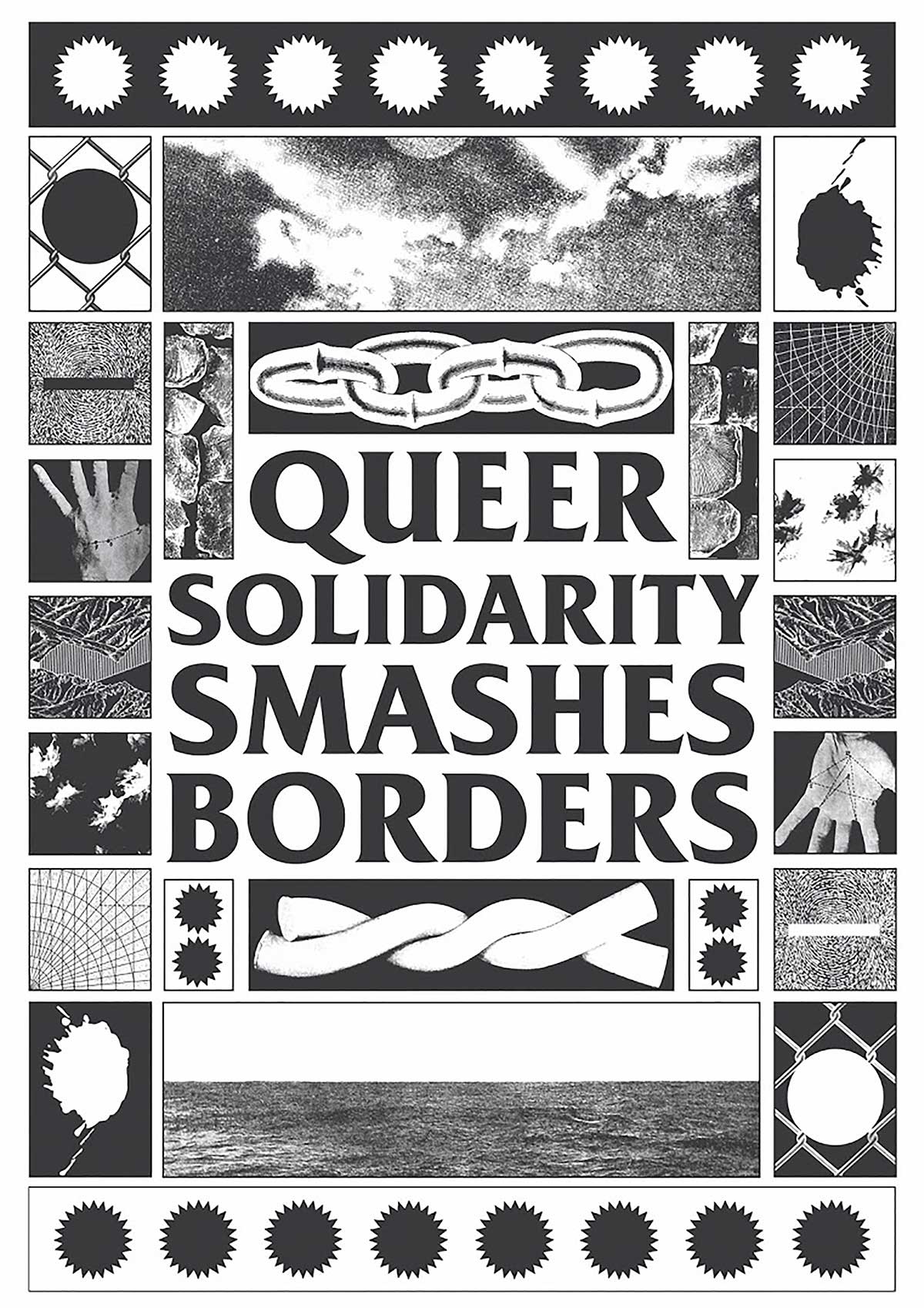 Queer Borders by CJ Reay
Queer Borders by CJ Reay
